
About This Quiz
"Are you ready to put your nursing knowledge to the test? Search, play, and learn all about the important duties and skills of nurses in this challenging quiz by Kale Havervold. Nurses are the unsung heroes of the hospital, responsible for everything from patient care to paperwork. If you think you have what it takes to get more than 11 questions right, then scrub up and get ready to dive into this difficult nursing quiz!
From checking vital signs to administering care, nurses play a critical role in the healthcare setting. Do you know the symptoms of pneumonia or the best time to weigh a patient accurately? Whether you're a nursing student looking to test your knowledge or simply interested in learning more about this vital profession, this quiz has something for everyone. So, roll up your sleeves, wash your hands, and get ready to challenge yourself with this comprehensive quiz on all things nursing!
Don't miss out on the chance to test your nursing knowledge and have some fun in the process. Put your skills to the test and see if you can outperform your peers on this engaging and informative quiz. Remember, nurses are the backbone of the healthcare system, and it's essential to appreciate all that they do for patients every day. So, get ready to test your knowledge, challenge yourself, and see if you have what it takes to ace this difficult fun nursing quiz!
"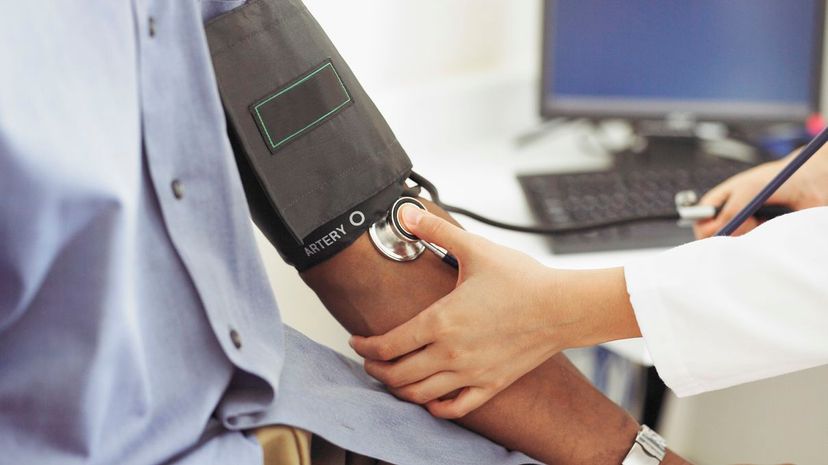
Blood pressure is a very important and vital part of our lives. It's a measurement of how well blood moves throughout our body. A normal blood pressure is below 120 over below 80.
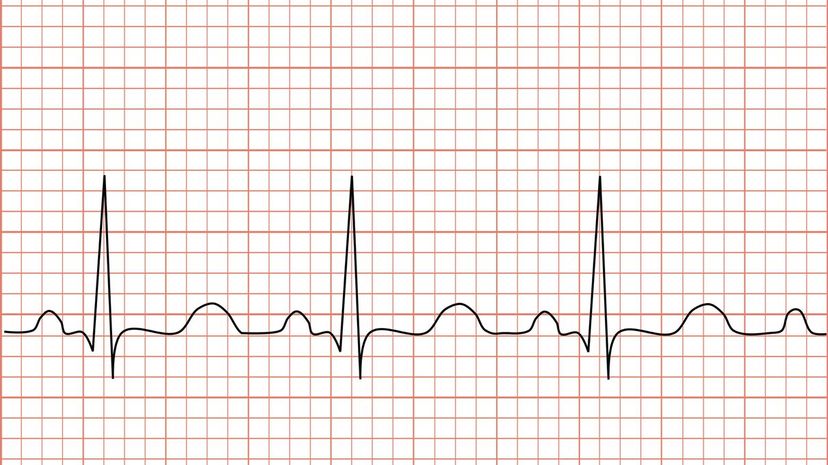
Tachycardia is when the heart rate of an individual is sped up, Heart rate is controlled by electrical signals, and when an abnormality in the heart occurs that speeds up these signals, the heart rate also increases rapidly.
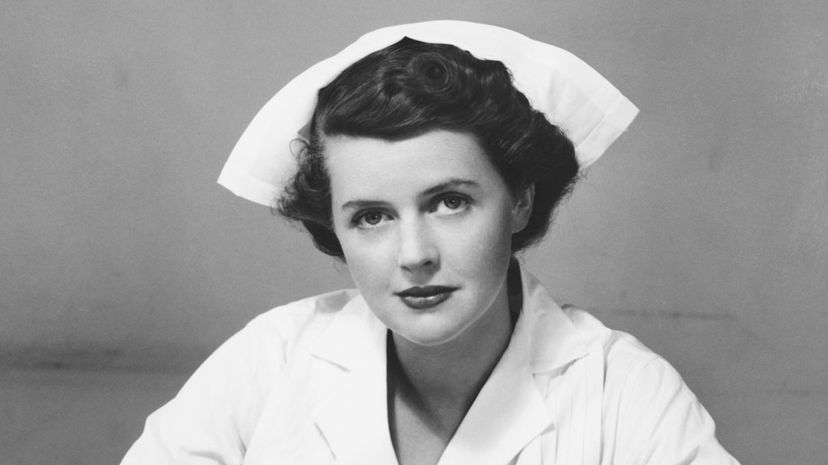
The nurse's cap was introduced early in the history of nursing, as a way for a nurse to keep their hair in place and help contribute to a modern appearance. Many nursing schools have a "cap ceremony", where new nurses are given their caps.
Advertisement
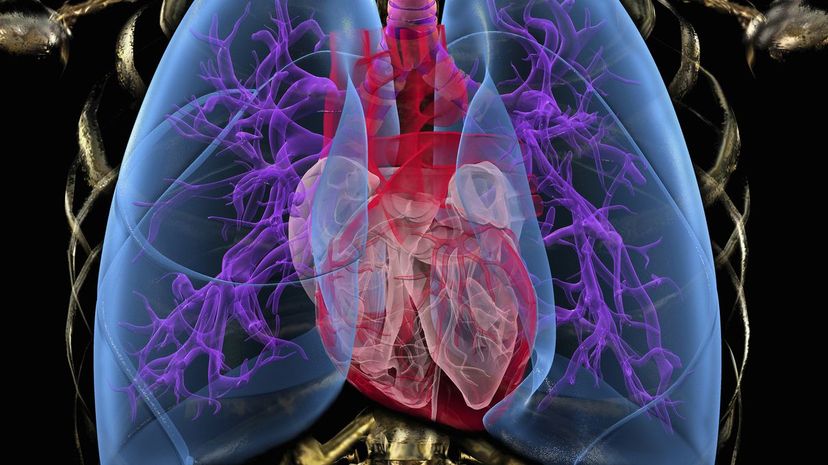
The right ventricle is one of the four different chambers of the human heart. The role of the right ventricle is to assist in pumping oxygen-depleted blood into the lungs of the body.
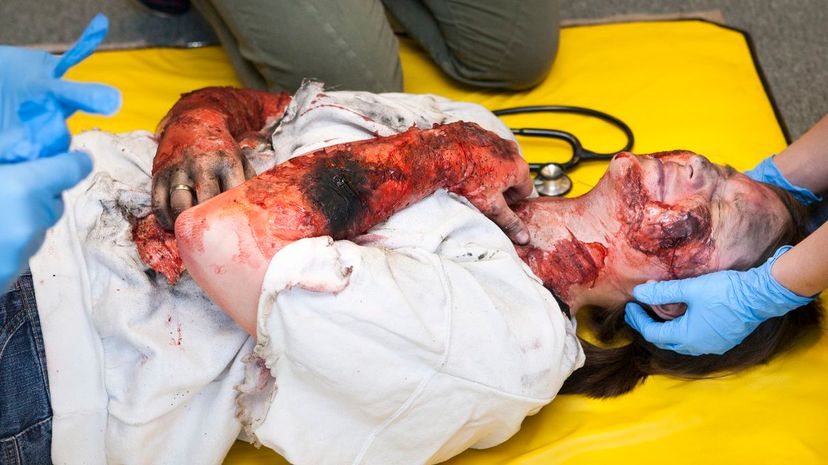
While all burns can potentially be serious, a third-degree burn can be horrible. Characteristics of a third-degree burn include black, brown or yellow skin, destroyed nerve endings and multiple layers of skin will be destroyed.

Nursing is a very common job and, according to the Bureau of Labor Statistics, there are around 2.95 million registered nurses working in the USA. Most work in the states of California, Texas, New York and Florida.
Advertisement
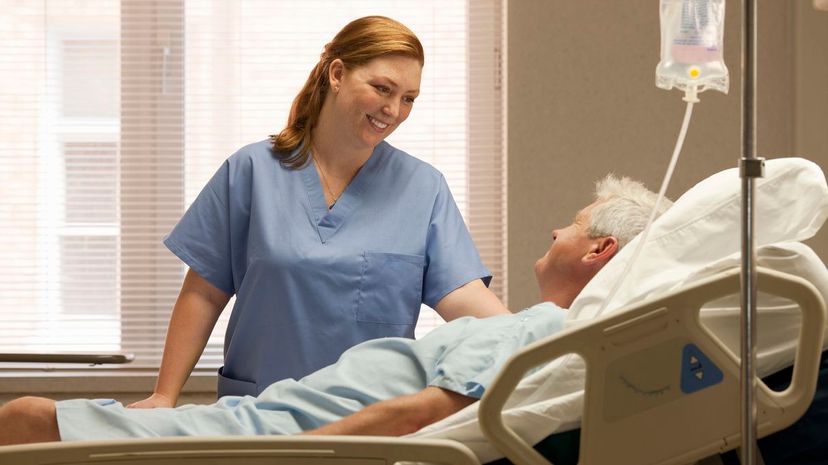
If a nurse is asked a question that they don't know the answer to, it is a good idea for them to say they don't know, but will find out. Asking around the unit can often get them the answer they need to report back to the patient.

The medical term for chest pain is angina. It can cause uncomfortable pressure or a feeling of fullness in the middle of the chest. It often happens when a heart muscle simply fails to get enough blood.

In medicine, the Fowler's position describes the position a patient is sitting in. If a patient is sitting between 45 and 60 degrees, it is the standard Fowler position. The name of the position changes as the degree does.
Advertisement
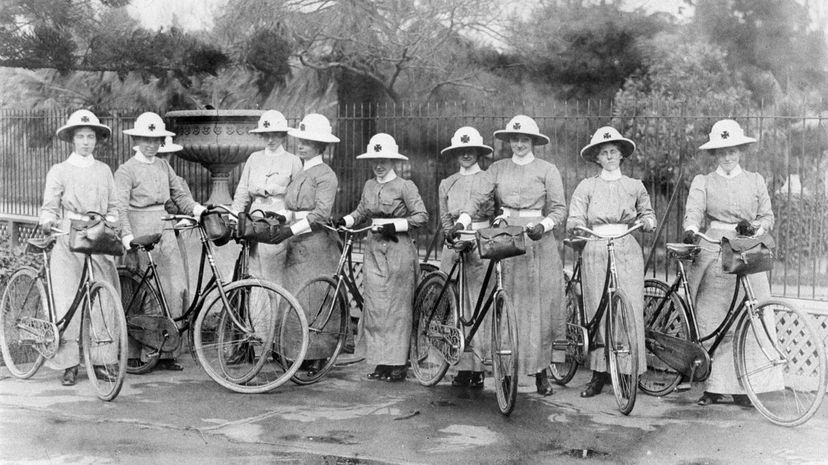
While nursing dates back to the Roman Empire, there wasn't a nursing diploma given out in the USA until 1873. It was given out to Linda Richards, who eventually went on to establish many nursing programs.
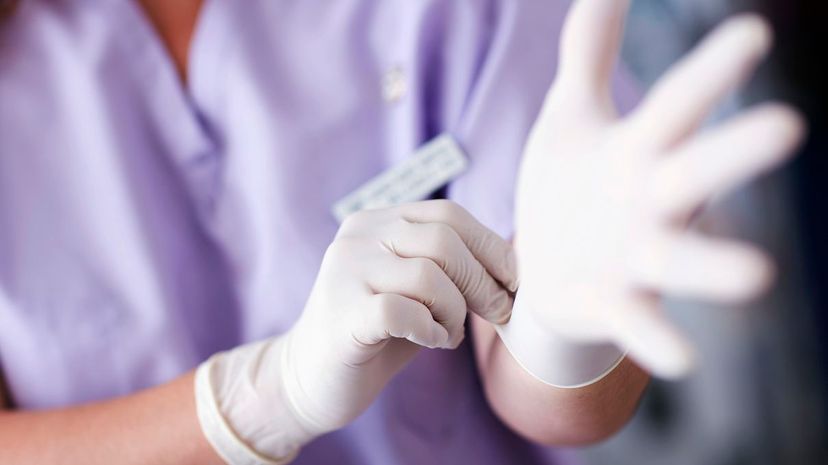
Gloves can play an important role in nursing as they can prevent the spread of diseases both ways. However, while important, the only situation of the listed here that would require gloves is providing some kind of oral care to a patient.

Sundowning is when a patient enters a state of confusion in the late afternoon which continues into the evening. This confusion can also include anger, anxiety and aggression. It is often observed in some people with certain kinds of dementia.
Advertisement

Pneumonia is a potentially deadly illness in which germs are allowed to enter and multiply in your lungs. All of the aforementioned symptoms are accurate, except for slow breathing. Most with pneumonia will actually have very fast breathing.

An acute illness is one with a very sudden onset, and will often run its course very quickly. It is often seen as the opposite of a chronic illness, which can continue to affect a patient for a longer period of time.
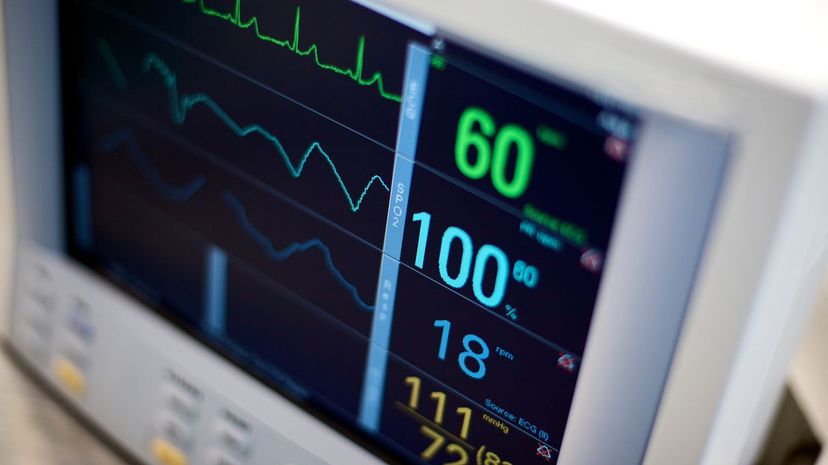
According to experts in the space, a normal resting heart rate for a healthy adult is anywhere between 60-100 beats per minute. The actual rate will depend on age, health and a number of other factors.
Advertisement

An ulcer is an open sore that either keep coming back or takes very long to heal. There are a variety of different kinds, and they can happen on both the outside of the body and the inside.
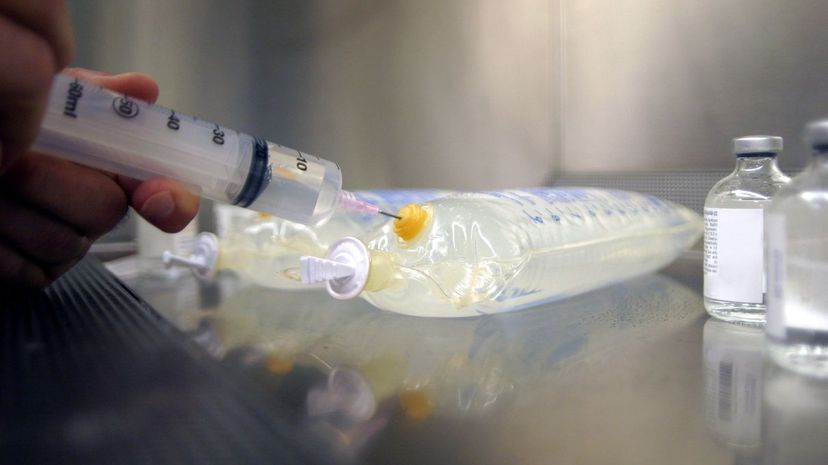
All of the aforementioned are electrolytes, except for folate. Electrolytes, in medicine, are often needed to replenish an individual who has been experiencing diarrhea or vomiting for long periods of time.
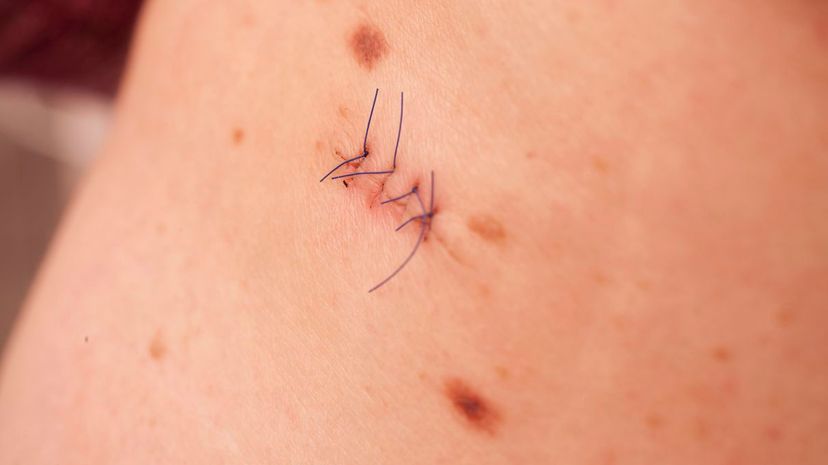
When surgeries take place, staples or sutures are often used to close the wound and ensure it stays closes. After a surgery, it will normally take about 1 to 2 weeks before they are able to be removed.
Advertisement

According to stats from Data USA, the overwhelming majority of nurses in the USA are women. In total, just shy of 90% of all nurses in the country are women. However, more and more men are beginning to become interested in the space.

High blood pressure is an unfortunately common ailment that affects many people all over the world. Of the provided factors, all of them can help to contribute to high blood pressure.

Folate is very important to our bodies, as it is essential for making both RNA and DNA. Also, folate is responsible for assisting in metabolizing certain amino acids to make the division of cells possible.
Advertisement
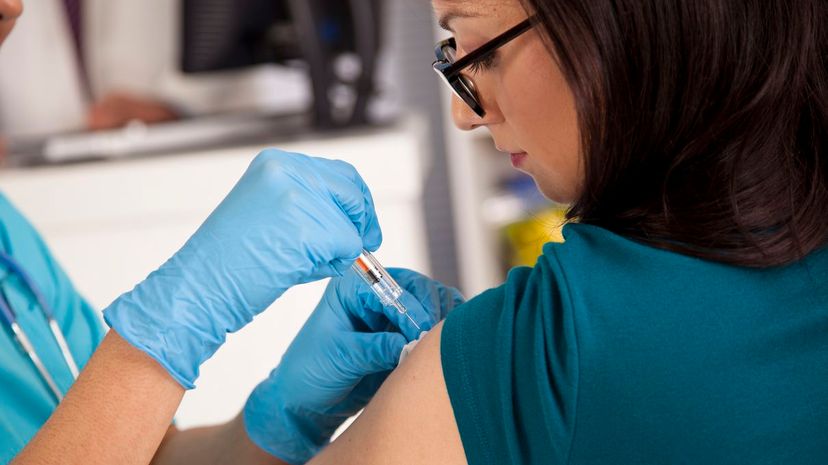
While there are many ways for a nurse or doctors to administer drugs, a flu vaccine is done with a needle. The needle is often done on the non-dominant arm in case of pain or tenderness.

The average and normal respiratory rate for individuals is between 12 and 20 breaths a minute. This rate ensures that carbon dioxide in the lungs exits the the body at the same pace as it is created.

Patient advocacy is all about helping or guiding someone through their experience with the healthcare system. This includes protecting their rights, helping them communicate and a range of other things.
Advertisement

The weight of a person will fluctuate throughout the day, going up and down. The best time to weigh a patient for accurate result is right in the morning as you haven't had time to lose or gain weight throughout your daily activities.
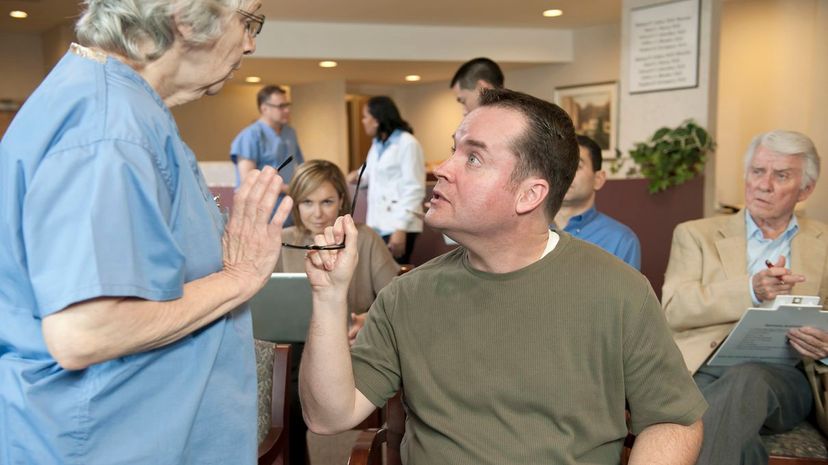
In the face of an aggressive patient, a nurse should look to remain calm and defuse the situation. However, if things continue to escalate, the nurse should leave the room and consider calling for security.
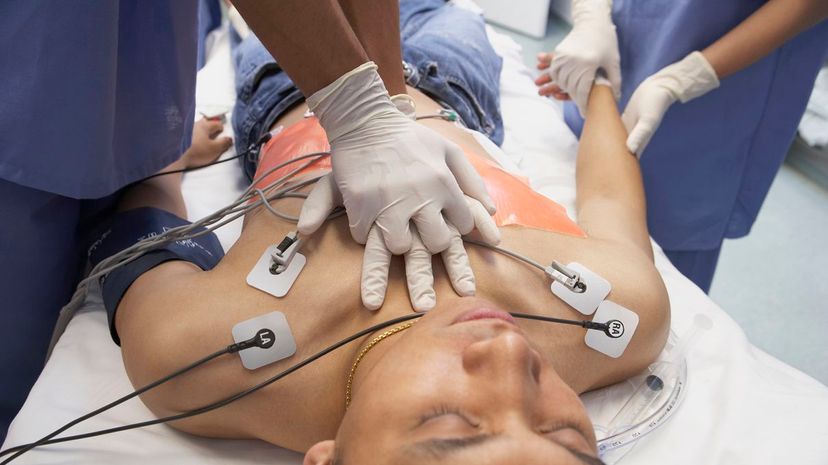
CPR is an extremely valuable life-saving maneuver that aims to get people to begin breathing again artificially. If a person is not actually in cardiac arrest, they will likely respond to the CPR efforts.
Advertisement

The goal of palliative care is to improve the quality of life of a patient, often one who has a life-threatening disease or illness. It is about reducing symptoms and providing relief.
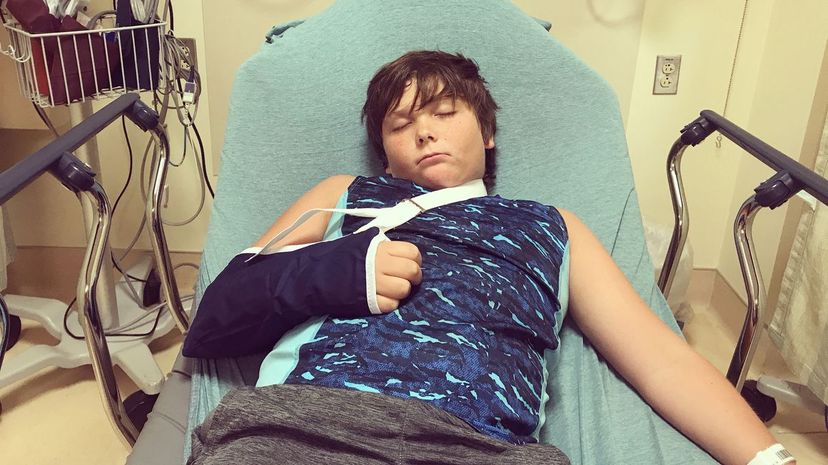
If someone has broken their clavicle, it means that they have broken their collarbone. A collarbone is one of the most common bones for people to break and it can require a fairly long recovery.
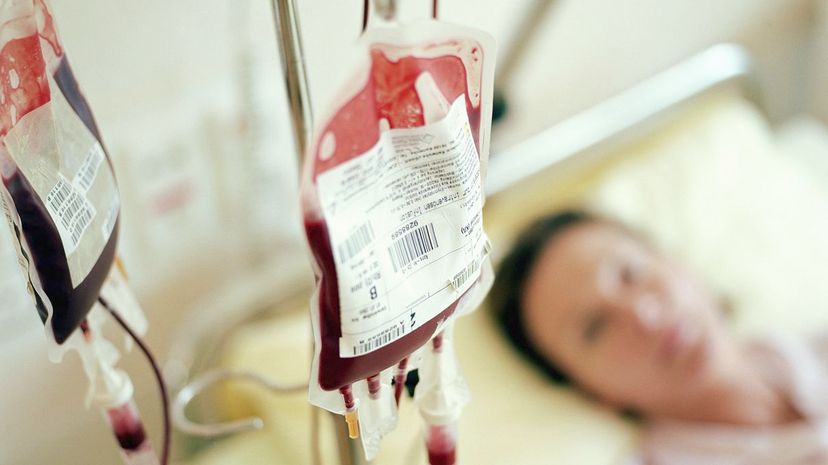
Blood transfusion is done when blood is transferred into the circulation of an individual. This is done to those whose bodies are not making enough blood, or in those who have lost a lot of blood.
Advertisement

In total, there are four primary and main vital signs that doctors and nurses will often check in an individual. These are heart rate, breathing rate, blood pressure and the temperature of the body.

You may have often heard that the normal body temperature is 98.6F, but this is only an average estimate. In general, it can be around a degree higher or lower and still be within the normal range, which is why 97-99F is normal.

Checking the pulse of an individual can be done in many different places. However, one of the easiest and most preferred places is on the wrist, More specifically, the radial artery is checked.
Advertisement

An EpiPen, which is used for treating a number of different conditions, is full of epinephrine. Epinephrine, also known as adrenaline, can help stop a severe allergic reaction from continuing.
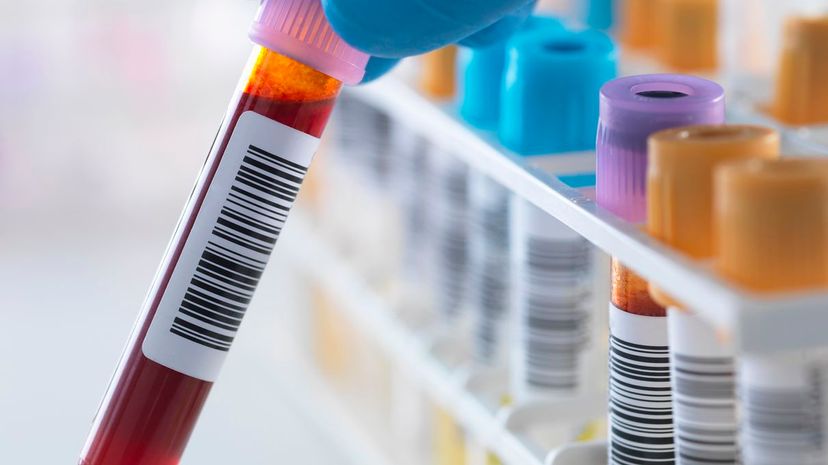
The way to check the blood sugar levels of an individual is, of course, by using blood. In particular, drawing blood or using a glucometer for those who need to test every day are the most common.